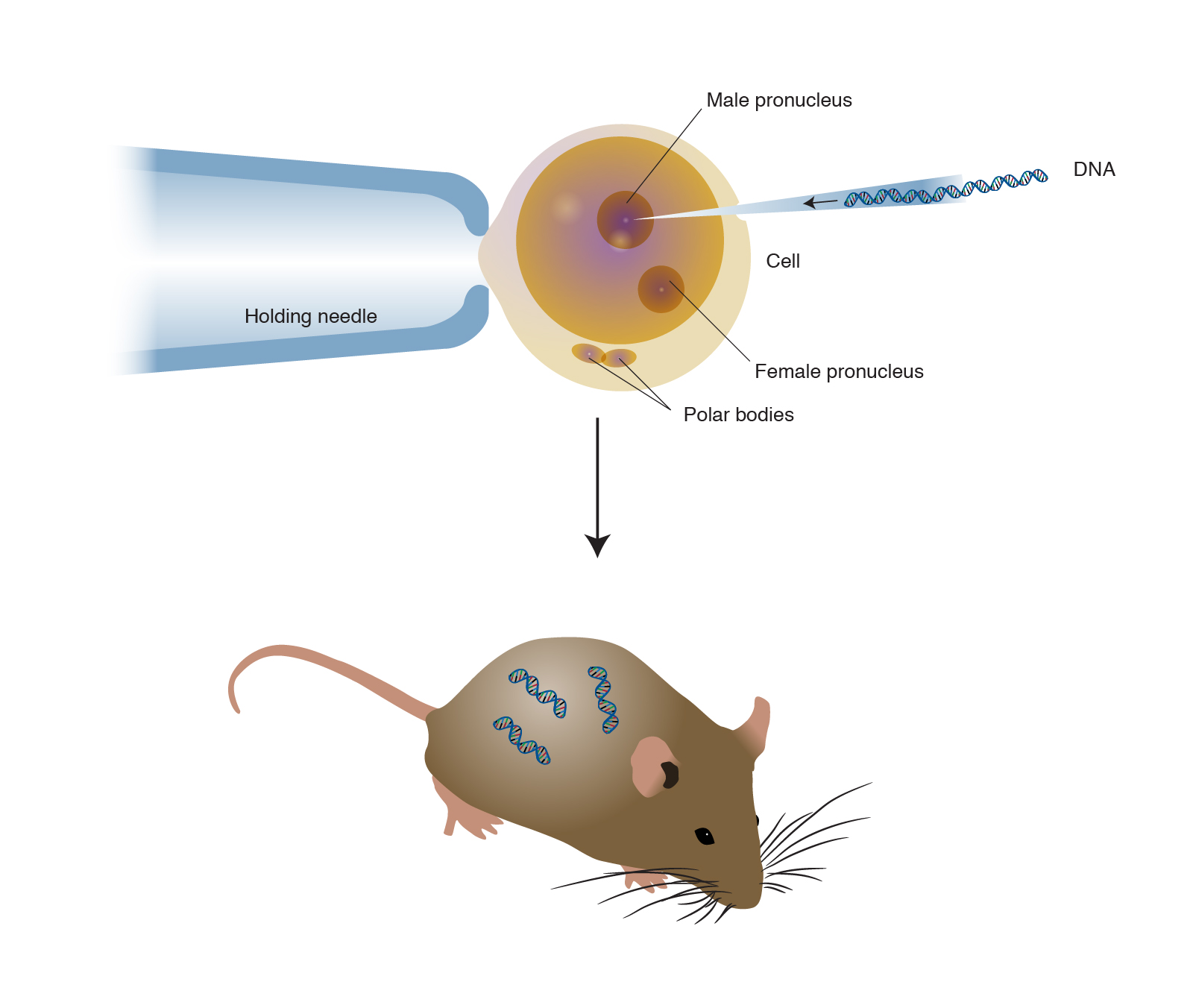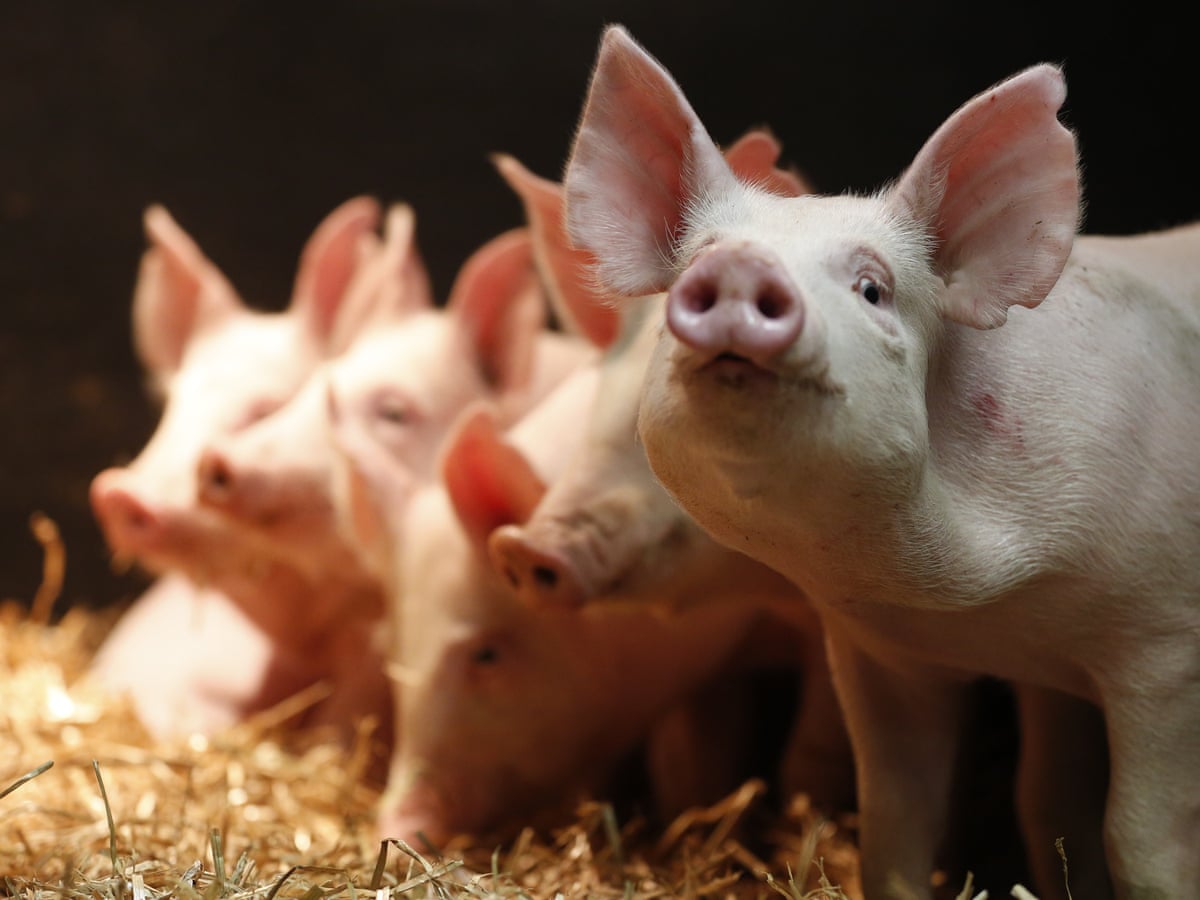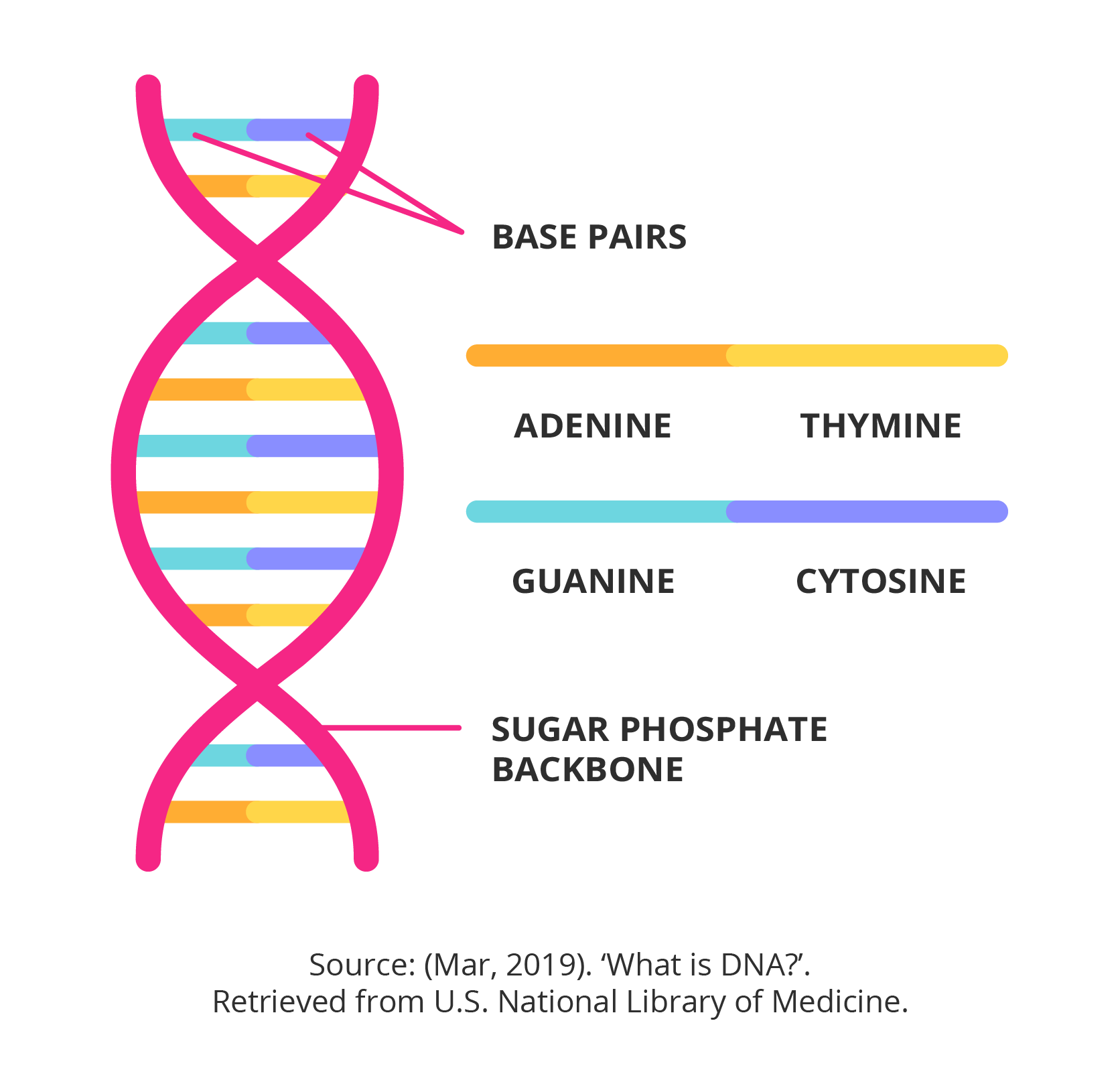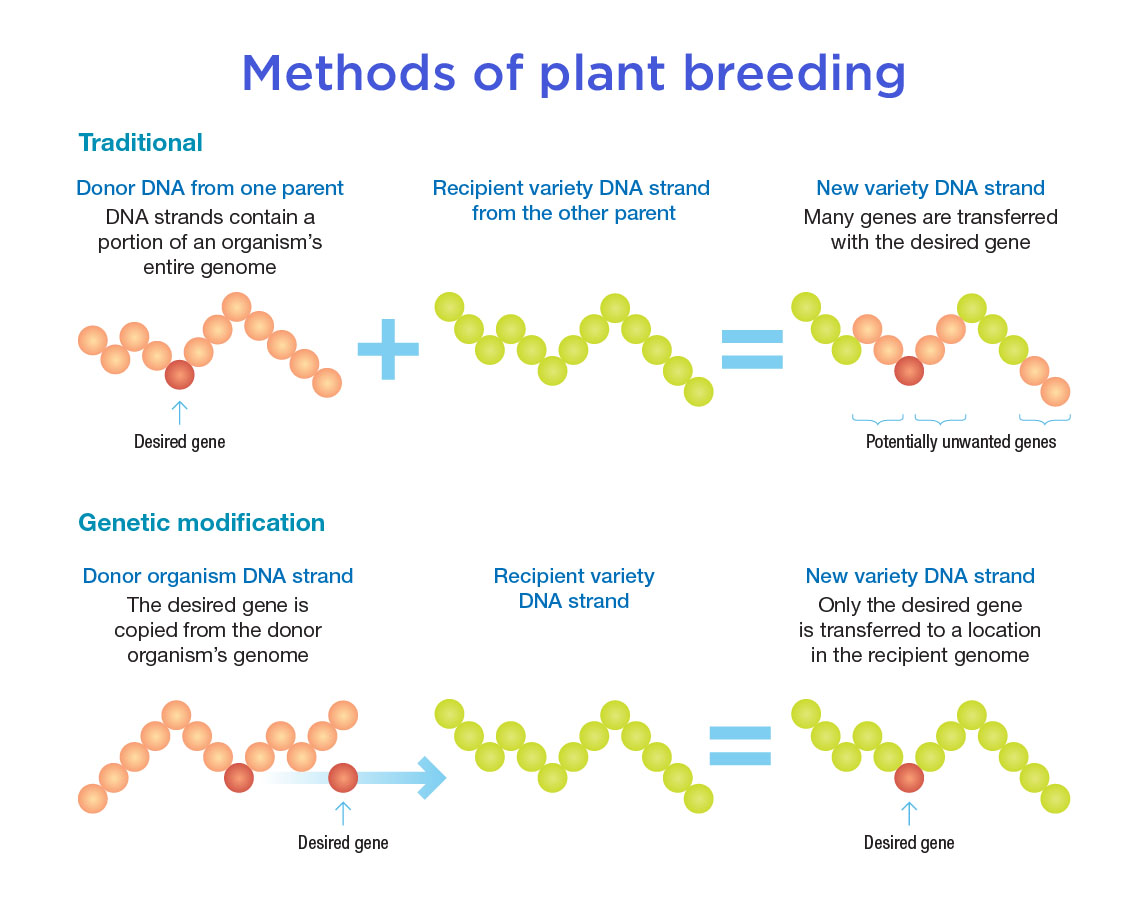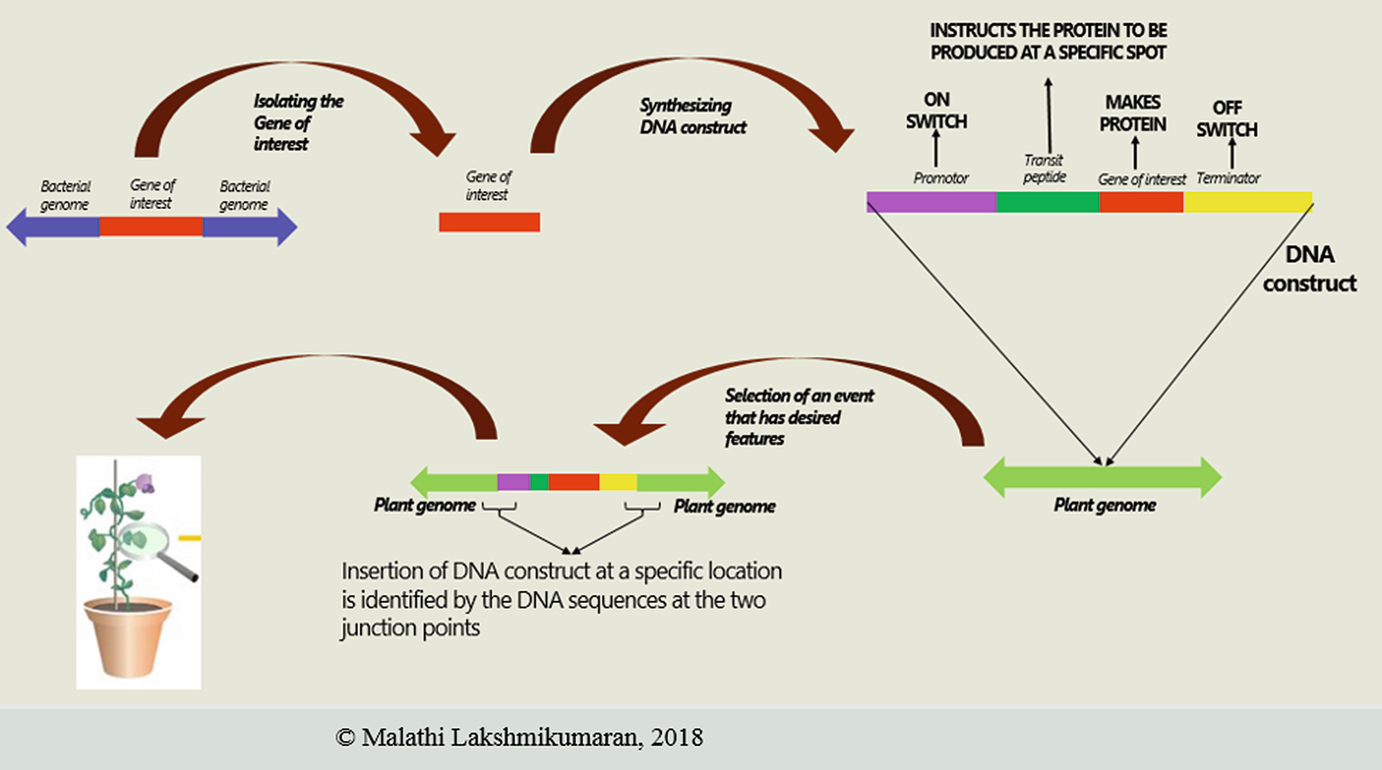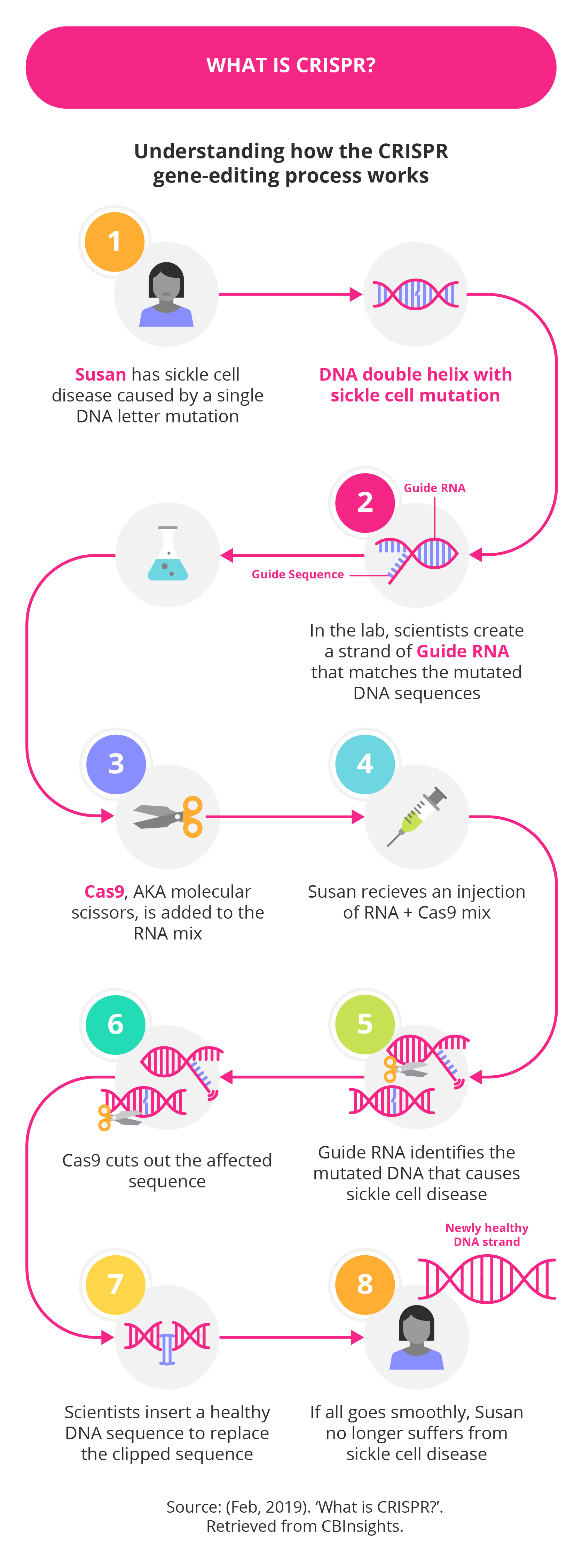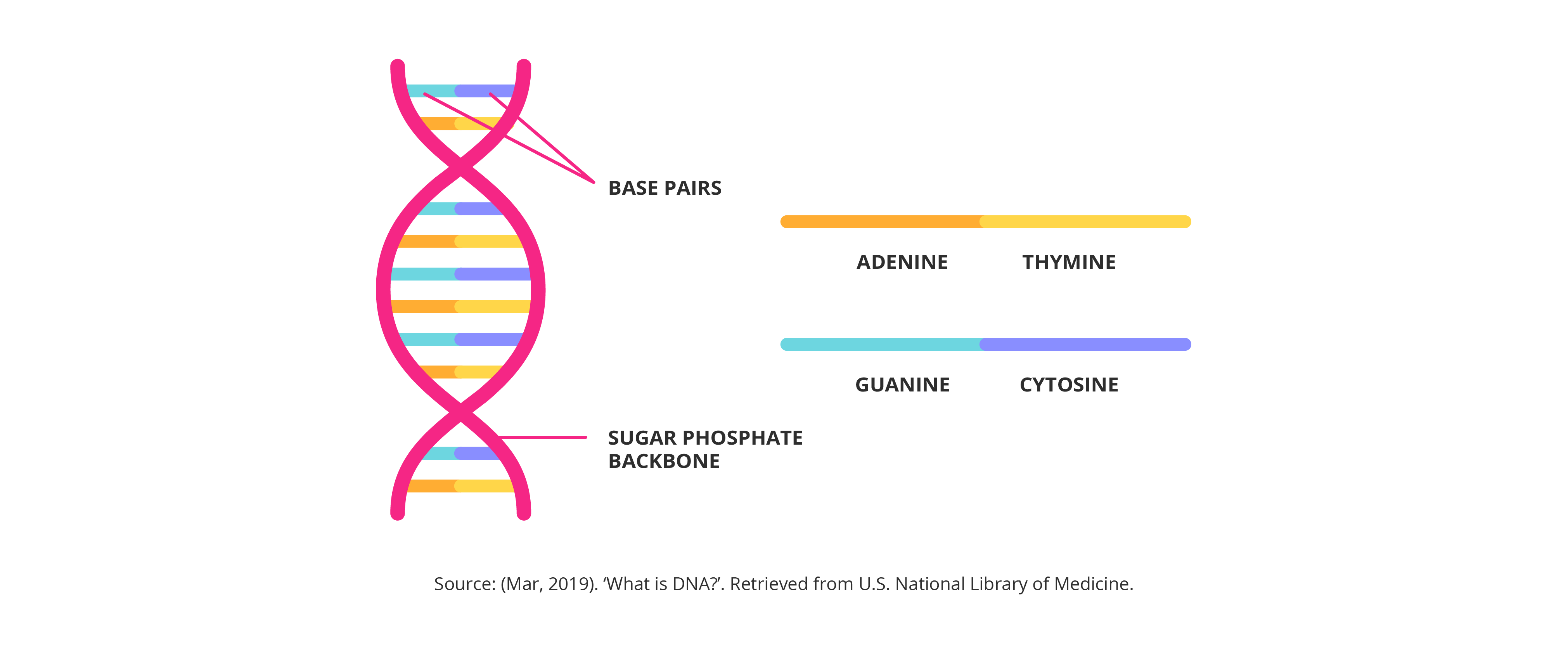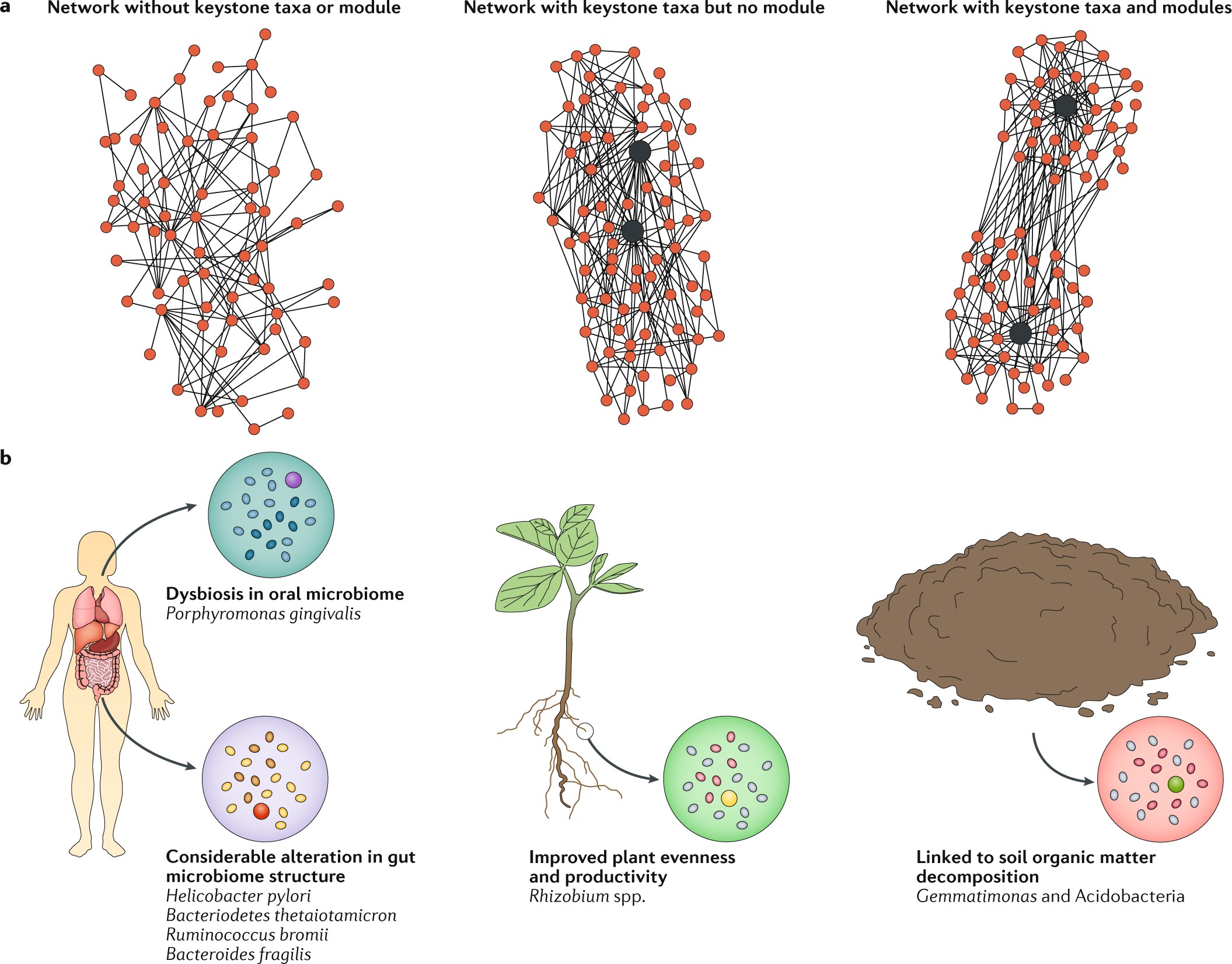Transgenic Plants Animals Definition

Transgenic Plants Animals Definition.
Transgenic plants animals definition. Transgenesis is the phenomenon in which a foreign gene with desired characteristics is introduced into the genome of the target animal. The plants in which foreign genes have been introduced through genetic engineering are called transgenic plants. Transgenic plants such as corn and soybean have replaced wild strains in.
Transgenic or genetically modified organisms be they bacteria viruses or fungi serve many research purposes. Transgenic animal technology is one of the main and most important parts in biotechnology field. Theoretically all living beings can be genetically manipulated.
Transgenic means that one or more DNA sequences from another species have been introduced by artificial means. Transgenic animal genetically engineered animalor offspring of genetically engineeredanimals. Transgenic plants and animals Transgenic plants are plants that have been genetically engineered a breeding approach that uses recombinant DNA techniques to create plants with new characteristics.
Transgenic animals for the production of therapeutic and diagnostic proteins are produced by transferring fertilized transgene-carrying embryos to recipient animals. Modern plant breeding is a multi-disciplinary and coordinated process where a large number of tools and elements of conventional breeding techniques bioinformatics molecular genetics molecular biology and genetic engineering are utilized and integrated. A branch of biotechnology concerned with the production of transgenic plants animals and foods More from Merriam-Webster on transgenic.
There are two techniques for introducing foreign genes transgenes into the plant cell genome. GMO An organism whose genetic characteristics have been altered by the insertion of a modified gene or a. Theoretically all living beings can be genetically manipulated.
Plants are the natural producers. Transgenic models are more precise in comparison to traditional animal models for example the oncomouse with its increased susceptibility to tumor development enables results for carcinogenicity studies to be obtained within a shorter time-frame thus reducing the course of tumor development in experimentally affected animals. Animals usually are made transgenic by having a small sequence of foreign DNA injected into a fertilized egg or developing embryo.
